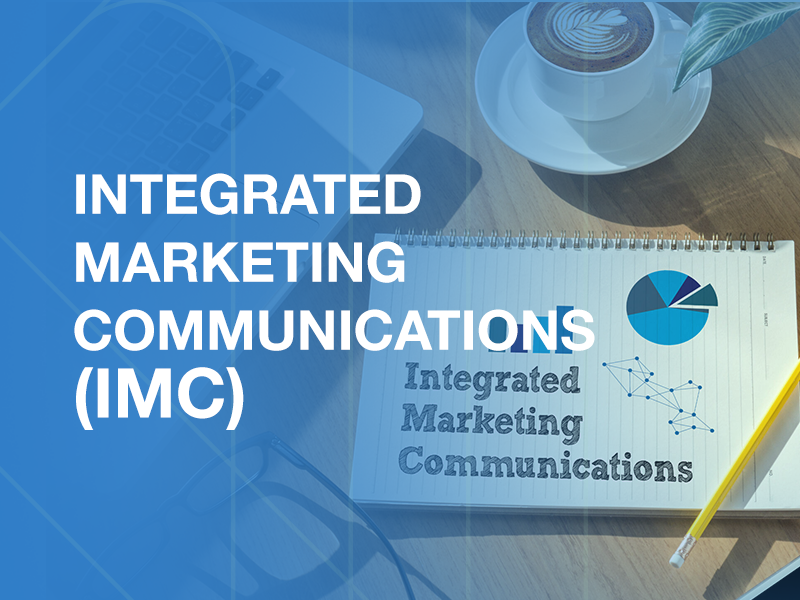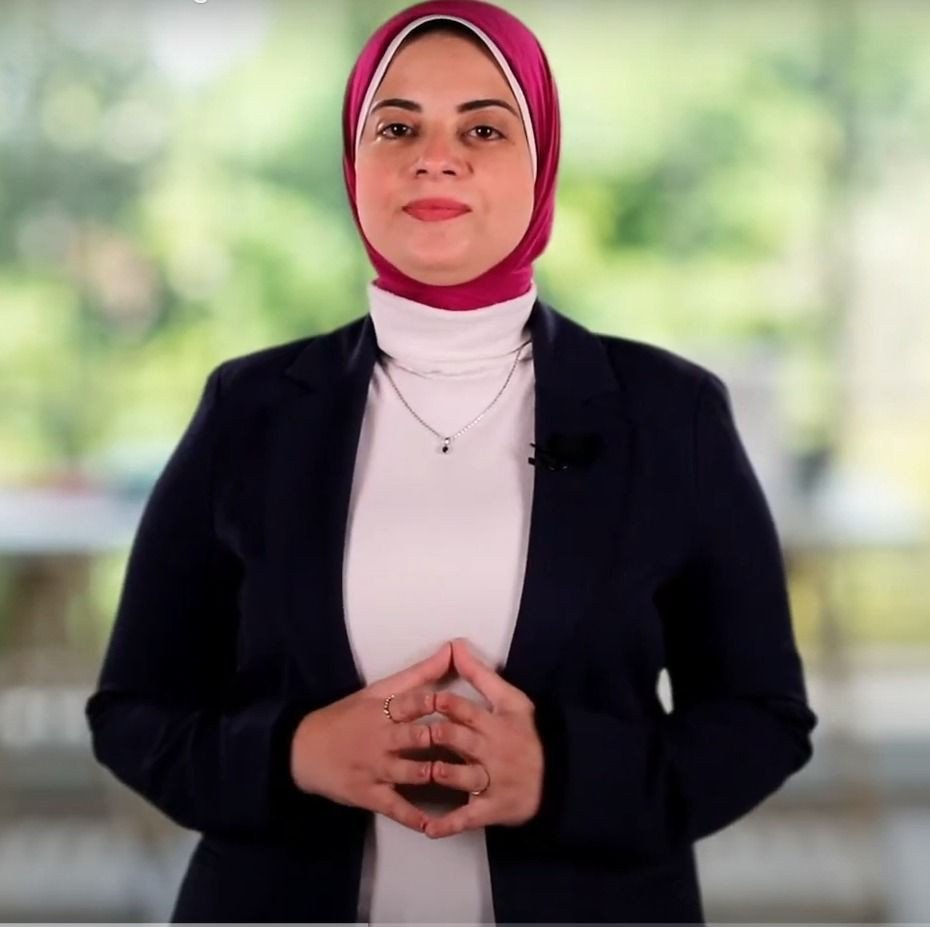Integrated Marketing Communications (IMC)

Course Objectives & Deliverables;
1. Understanding IMC Fundamentals
- Define Integrated Marketing Communications (IMC) and explain its significance in contemporary marketing.
- Describe the key components and principles of IMC, including consistency, synergy, and customer-centricity.
2. Analyzing the IMC Framework
- Identify the elements of the IMC framework, including advertising, public relations, sales promotion, direct marketing, and digital marketing.
- Explain how different communication tools can be integrated to achieve marketing objectives.
3. Consumer Behavior and IMC
- Analyze the role of consumer behavior in shaping IMC strategies.
- Understand how to target and segment audiences effectively through integrated messaging.
4. Developing a Cohesive IMC Strategy
- Learn to create a cohesive IMC strategy that aligns with brand values, marketing objectives, and target audience needs.
- Discuss the process of developing integrated messaging across various channels.
5. Utilizing Digital Channels in IMC
- Explore the impact of digital marketing on integrated communications and the role of social media, content marketing, and email campaigns.
- Assess the effectiveness of digital tools in enhancing IMC efforts and engaging target audiences.
6. Creative and Strategic Messaging
- Understand the importance of clear and compelling messaging in IMC campaigns.
- Learn how to develop creative concepts that resonate with audiences while maintaining brand consistency.
7. Measuring IMC Effectiveness
- Identify key performance indicators (KPIs) for evaluating the success of IMC campaigns.
- Learn how to conduct analytics and reporting to assess the effectiveness of communication strategies.
8. Public Relations and Reputation Management
- Discuss the role of public relations in IMC and how it contributes to building brand reputation.
- Explore crisis communication strategies and their integration within the overall marketing communication plan.
9. Ethics and Social Responsibility in IMC
- Analyze the ethical considerations and responsibilities involved in integrated marketing communications.
- Discuss the impact of corporate social responsibility (CSR) on brand communication and consumer trust.
10. Case Studies and Real-World Applications
- Review case studies of successful IMC campaigns to identify best practices and lessons learned.
- Participate in group discussions to apply IMC concepts to real-world marketing scenarios.
Subject: Business Development, Personal & Organizational Development.
Experience: Extensive Experience in Post Graduate Education & Training.
Locations: Egypt & Gulf.
Teaching Platforms: Academic Institutions and Training Organizations.
Summary:
Dr. Noha is a collaborative and result-oriented individual with excellent Experience and knowledge of more than 16 years in Sales, Marketing, Business Development, and Training. Managed and delivered course programs in many Sectors (Government, Healthcare, Retail, and Education) and many business environments in (Egypt & KSA).
Credentials:
- Studying PhD in crisis and risk management – Cairo University.
- Holding Executive Master of Business Administration (EMBA) degree - Alexandria University.
- Curriculum is accredited by Georgia State University.
- Certified Strategy for Management Consultants & Business Analyst (SMCBA).
- Certified Financial Awareness Trainer Program (CFAT). under the National Strategy for Non-Banking Financial Education and Culture
- Certified Train of the Trainer Professional (TOT).
- Certified and trained by 5 National and International bodies (IHS, NASP, IEEE, AASTMT, EAAC )










